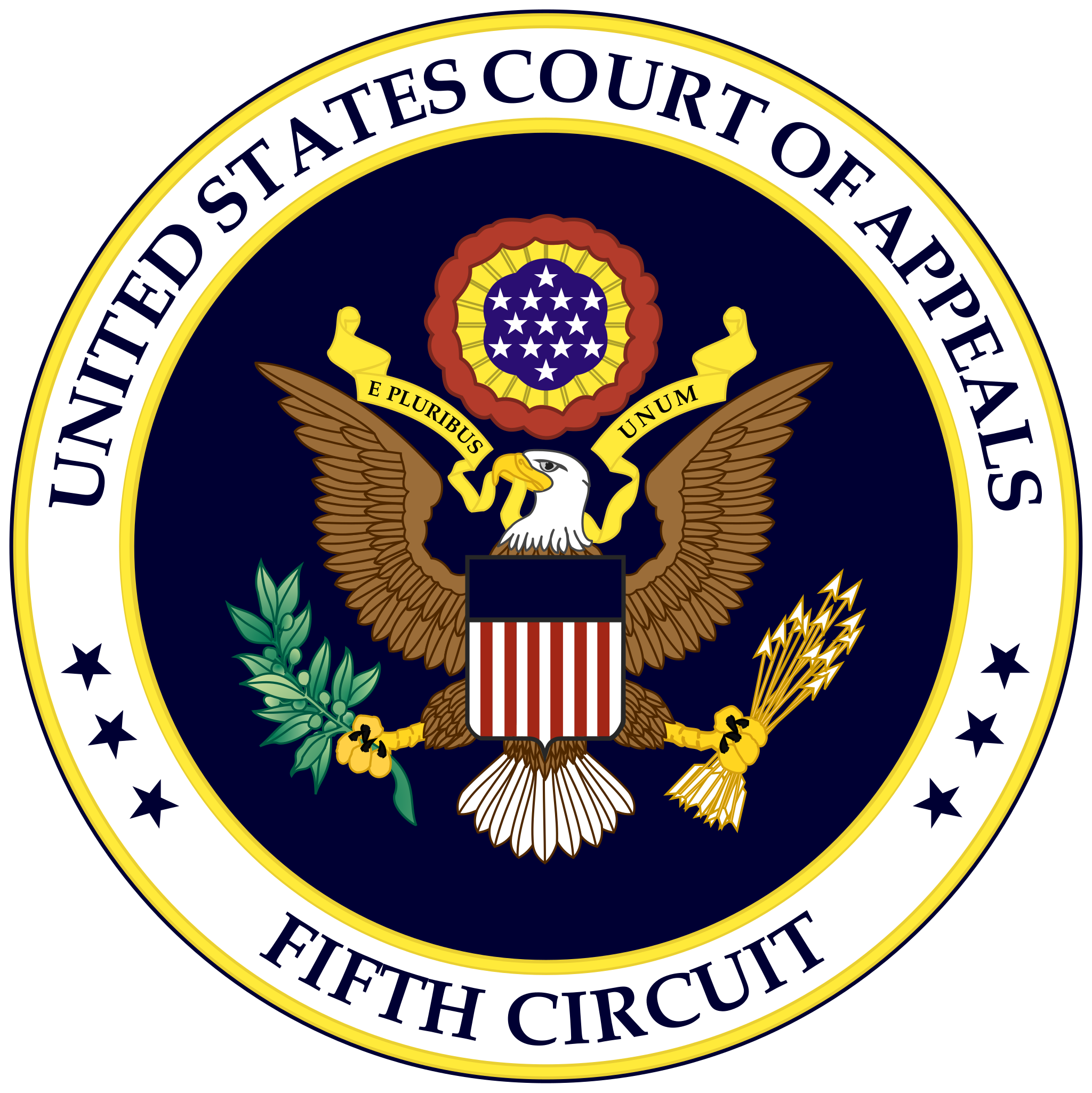Der 5. Appeals Court hat folgenden Zeitplan für das Alien Enemies Act-Verfahren, das der Supreme Court am Freitag (siehe taz-Blogs vom 17.05.) unter Aufhebung der vorausgegangenen Entscheidung zurückverwies, beschlossen:
-
Der Schriftsatz der Betroffenen (erstinstanzlichen Antragsteller) muß zum 30. Mai eingehen;
-
die Antwort der Regierung bis zum 10. Juni
-
und die Rückantwort der Betroffenen bis 17. Juni (Quelle).
-
Am 30. Juni wird dann eine mündliche Verhandlung stattfinden (Quelle).

Der Supreme Court hatte dem Appeal Court am Freitag Folgendes aufgegeben:
„In resolving the detainees’ appeal, the Fifth Circuit should address (1) all the normal preliminary injunction factors, including likelihood of success on the merits, as to the named plaintiffs’ underlying habeas claims that the AEA does not authorize their removal pursuant to the President’s March 14, 2025, Proclamation, and (2) the issue of what notice is due, as to the putative class’s due process claims against summary removal.“
(https://www.supremecourt.gov/opinions/24pdf/24a1007_g2bh.pdf, S.8; Hv. hinzugefügt)
Die „normal preliminary injunction factors“ sind:
„A plaintiff seeking a preliminary injunction must establish that he is likely to succeed on the merits, that he is likely to suffer irreparable harm in the absence of preliminary relief, that the balance of equities tips in his favor, and that an injunction is in the public interest.“
(Winter v. Nat. Res. Def. Council, Inc., 555 U.S. 7, 20 [2008])
Siehe ergänzend zu meinem gestrigen Artikel zu dem concurring vote von Richter Ho:
Steve Vladeck
Judge Ho, Due Process, and „Disrespect“. Some thoughts on Judge Ho’s rather galling claim that the Supreme Court „disrespect[ed]“ the district court and the President in Friday’s ruling in the „A.A.R.P. II“ Alien Enemies Act case
https://www.stevevladeck.com/p/bonus-152-judge-ho-due-process-and (paywall nach Absatz 5)



